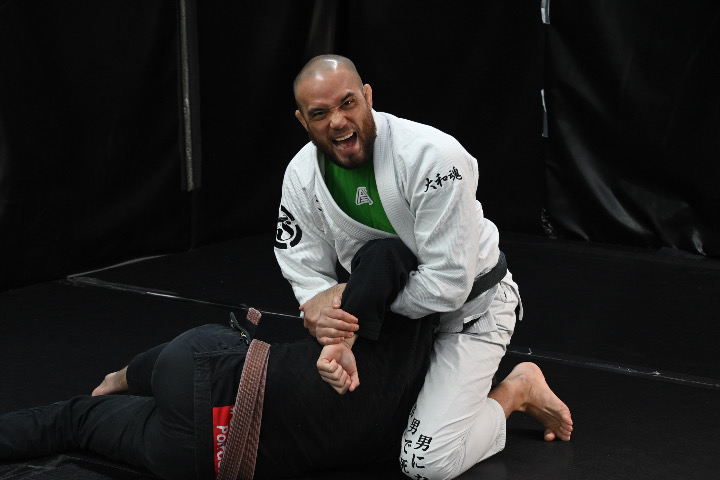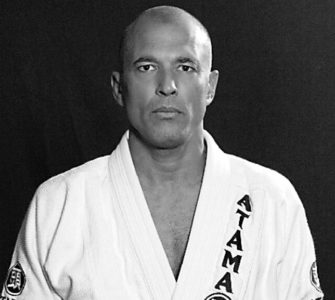Written by Gile Huni., a 3rd degree BJJ black belt and head instructor at Kimura BJJ Serbia
In the intricate and physically demanding world of Brazilian Jiu-Jitsu, practitioners often find themselves overwhelmed by the vast array of techniques available. From complex submissions to intricate sweeps, the possibilities seem endless. However, I have a way of thinking that I apply to my Jiu-Jitsu and that I transmit to my students, which simplifies the approach:
“You don’t need to learn 1000 moves in Jiu-Jitsu. Instead, have 5 moves that nobody can stop and build your game around that.”
The Philosophy of Simplification
The essence of this philosophy lies in the principle of mastery. By focusing on a limited set of techniques, a practitioner can refine these moves to such a degree that they become highly effective, even predictable tools in their arsenal. This approach not only makes learning more manageable but also allows for deeper understanding and execution under pressure, which is critical in both competition and self-defense scenarios.
Selecting Your Core Techniques
Choosing which techniques to master should not be arbitrary. Consider the following factors:
- Personal Affinity and Comfort: Naturally gravitating towards certain movements or positions can indicate where your strengths lie. Building on these innate preferences often yields faster and more profound progress.
- Versatility: Techniques that are applicable in a variety of situations and against different opponents provide a broader utility across your BJJ journey.
- Fundamentals: Core positions and transitions like escapes, guard passes, and control positions form the backbone of good Jiu-Jitsu and should be included in your foundational five.
Mastery Through Repetition
Once the core techniques are chosen, the next step is relentless practice. This involves:
- Drilling: Repetitive practice of the techniques in a controlled environment ensures that the movements become second nature.
- Situational Sparring: Applying the techniques in various sparring scenarios helps adapt them against resisting opponents with different strategies and strengths.
- Feedback and Adjustment: Regular feedback from coaches and training partners, combined with video analysis, can help refine technique and strategy.
Building a Game Plan
With a solid base of five unstoppable techniques, you can start constructing a game plan. This plan guides your training focus and strategy in rolls and competition. It should include:
- Setups and Chains: Develop setups that lead into your core techniques and learn to chain them together for fluid transitions.
- Counters and Defenses: Anticipate common counters to your techniques and practice defenses and re-counters to keep your game adaptive.
- Physical Conditioning: Tailor your physical conditioning to enhance your ability to perform your chosen techniques effectively. This might involve flexibility training, strengthening core muscle groups, or improving cardiovascular endurance.
Psychological Edge
Having a concentrated arsenal also offers psychological advantages. Knowing that you have highly refined, nearly unstoppable techniques at your disposal can boost confidence and mental resilience. Additionally, opponents may become wary or overly cautious if they know you are highly proficient in specific areas, which can be tactically advantageous.
While the allure of learning numerous sophisticated BJJ moves is understandable, focusing on mastering a select few can be significantly more beneficial. This philosophy not only streamlines your training focus and enhances your expertise in certain domains but also builds a robust foundation from which you can adapt and expand your skill set over time. Remember, in Brazilian Jiu-Jitsu, sometimes less is more, and depth often outweighs breadth.


















